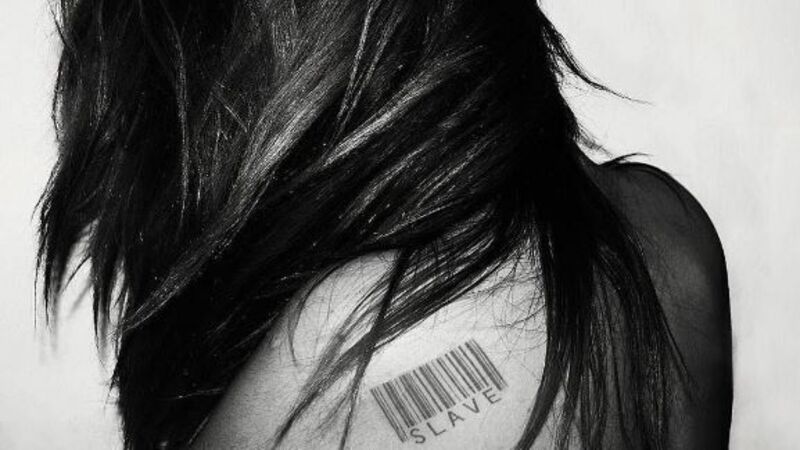Irish system means some trafficking victims not identified — report

The report, entitled Identifying Victims of Trafficking in Human Beings in Asylum and Forced Return Procedures: Ireland, is part of a wider EU study and was undertaken by the ESRI as part of the European Migration Network and said the Irish system relied on victims “self-identifying” as having been trafficked into the country.
Under the Administrative Immigration Arrangements for the Protection of Victims of Human Trafficking (AIA) laws introduced in 2008, Ireland does have an initial “recovery and reflection” period of 60 days, intended to allow an alleged victim to take an “informed decision” as to whether or not to assist the authorities in relation to an investigation or prosecution in respect of alleged trafficking.













